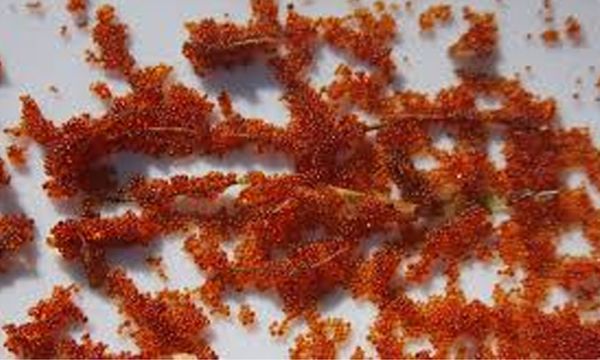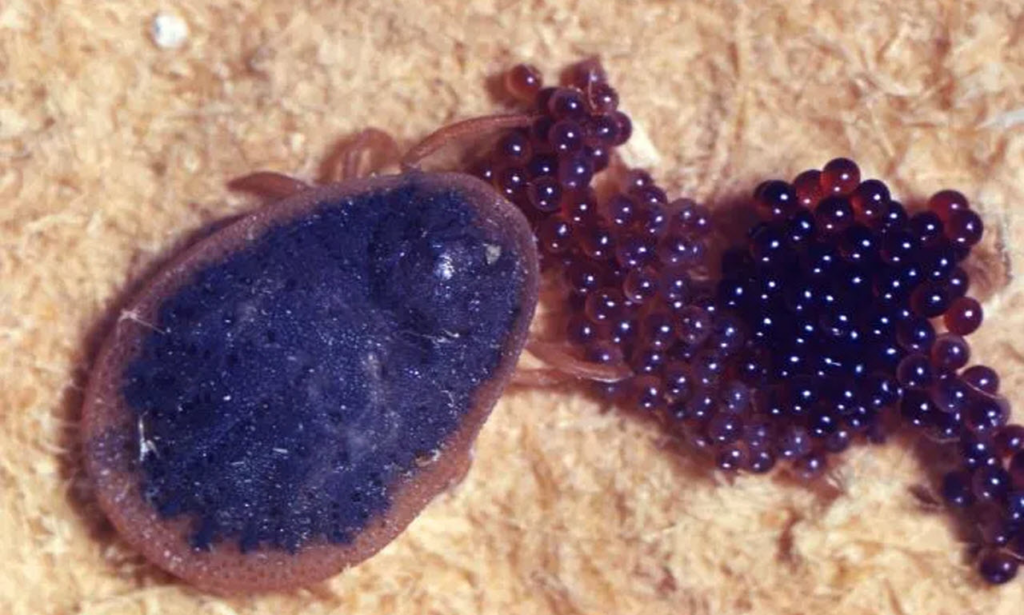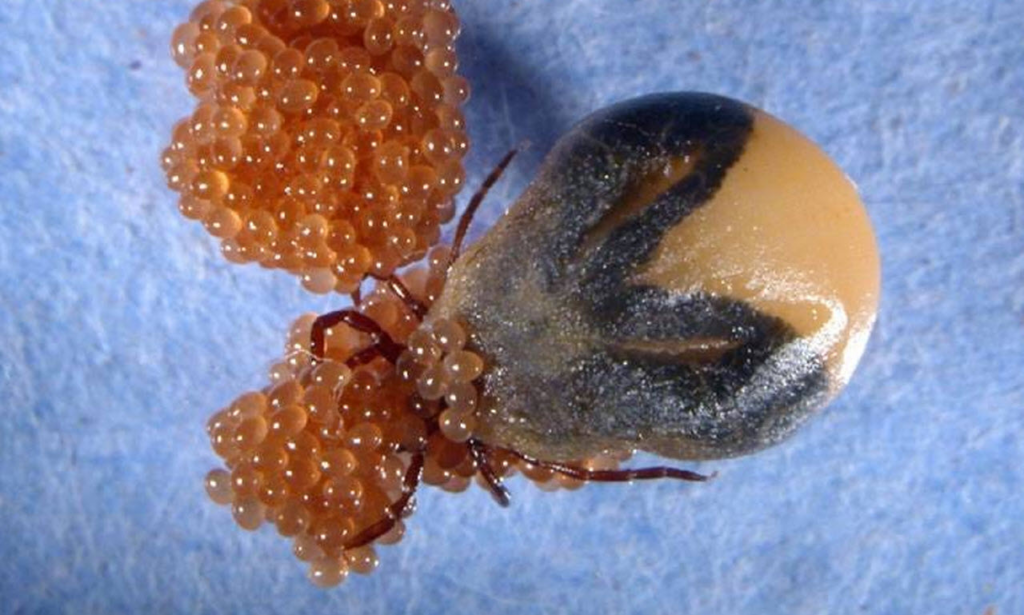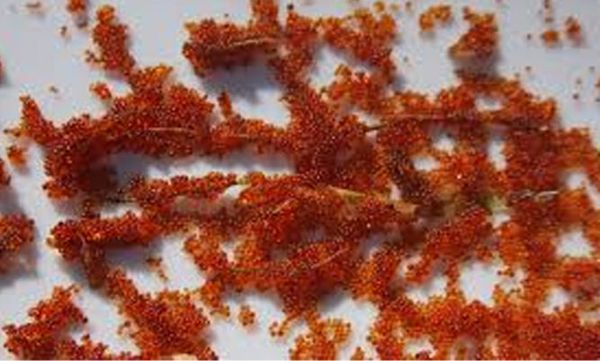Are you aware of the potential dangers hiding in your backyard? It’s crucial to be able to identify them to protect yourself and your family. One such threat may come in the form of tiny eggs that can introduce various diseases. So, what should you do if you come across these tick eggs in your yard?

Ticks are not just a nuisance, but they can also spread diseases like Lyme disease and Rocky Mountain spotted fever. Identifying tick eggs can be challenging because they are extremely small, about 0.5 mm each. To put it into perspective, that’s the size of a poppy seed. These eggs are usually oval-shaped and either white or translucent.

Tick eggs are typically laid in clusters attached to vegetation or leaf litter. As they mature and prepare to hatch, they can take on a color similar to the adult tick of the species. The biggest concern with tick eggs is that they can eventually hatch into larvae and contribute to the spread of disease. Therefore, it is crucial to handle tick eggs cautiously to prevent the transmission of these diseases.
If you spot tick eggs in your yard, it is best to seek help from a professional pest control expert. They have the expertise and tools to effectively deal with ticks and their eggs. They can implement various tick control methods to safeguard your family.

If a tick is already attached to your skin, you can remove it using tweezers. Grab the tick near its point of attachment and pull gently until it releases from the skin. Dispose of the tick by flushing it down the toilet.
Deer ticks are known carriers of Lyme disease. To deter deer from entering your yard, you can remove plants like tulips, azaleas, or hostas that attract them. Instead, consider planting herbs like Rosemary, mint, or chrysanthemums, which can help repel ticks from the area.
Maintaining your lawn by regular mowing is also important. Removing leaf piles and debris from your yard prevents ticks from finding a suitable place to lay their eggs. Additionally, using tick tubes or tick repellents may be effective solutions. Creating rough garden beds can also discourage ticks from becoming a problem.
In conclusion, it is crucial to take proactive measures to prevent ticks from becoming a problem in your yard. By putting in the effort and seeking professional assistance, you can create a safer environment for your family to enjoy. Stay vigilant and protect yourself and your loved ones from these tiny but dangerous pests.






